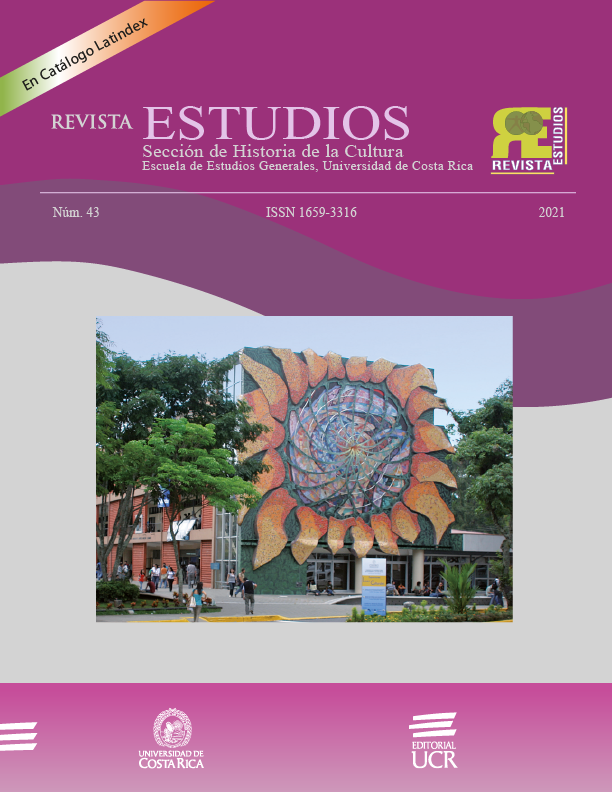Abstract
The Spanish as a foreign language workshop emerges as an alternative response for a group of foreign students who begin an exchange experience at the Universidad de los Andes in Bogotá, Colombia, during the first semester of 2021. The design and implementation of this proposal emerge spontaneously, demonstrating the potential of this space, which could be understood and explored from three dimensions: languaging and conversing, practicing and learning, and weaving intercultural networks. Likewise, a hypothesis arises about the presence of heterogeneous levels of language in the same learning space and the positive impacts that could derive from this fact. This article relates this experience and represents a first moment in the validation process of the aforementioned hypothesis. Based on the answers provided by indefinitely hired women, a series of results are obtained related to working conditions and the professional growth. It is evident that being a person hired as an interim means a vulnerability for professional and personal growth, in addition being a woman places them in a condition of double vulnerability to the structural limitations established by the patriarchal society.
References
Azorín Abellán, C., 2018. El método de aprendizaje cooperativo y su aplicación en las aulas. Perfiles educativos, XL(161), p.181-194.
Calvo, M. (2016). Niveles y equivalencias. Hablando de ELE, cursos y materiales de español. https://www.hablandodeele.com/profesor/niveles-y-equivalencias/
Capra, F. (1982). El punto crucial. Ciencia, sociedad y cultura naciente. New York: Simon & Schuster.
Etimologías de Chile.net. (s.f.). Conversar. En Diccionario Etimológico Castellano En Línea. Recuperado el 16 de mayo de 2021, de http://etimologias.dechile.net/?conversar
Gutiérrez, F. y Prado, C. (2015). Ecopedagogía y ciudadanía planetaria. Cd. de México: De La Salle ediciones.
Gutiérrez, F. y Prieto, D. (1999). La mediación pedagógica. Apuntes para una educación a distancia alternativa. Argentina: Ediciones La Crujía.
Maturana, H. (1996). El sentido de lo humano. Santiago de Chile: Dolmen Ediciones.
Maturana, H. y Dávila, X. (16 de noviembre de 2018). El lenguaje y el lenguajear. Matríztica. https://medium.com/@Matriztica_76766/el-lenguaje-y-el-lenguajear-d40ca92b70e5
Osborne Wilson, E., 2020. Nuestra especie se forjó hablando alrededor del fuego. El País, [online] Available at: <https://elpais.com/ideas/2020-07-13/nuestra-especie-se-forjo-hablando-alrededor-del-fuego-de-dia-sobre-cosas-practicas-de-noche-sobre-mitos.html#:~:text=Existe%20un%20consenso%20creciente%20entre,hogueras%20de%20los%20campamentos%20africanos.> [Accessed 23 May 2021].
Puren, C. (2020). Tipos y métodos de investigación en didáctica de las lenguas-culturas. Un site de formation initiale et continue à la didactique des langues-cultures https://www.christianpuren.com/


